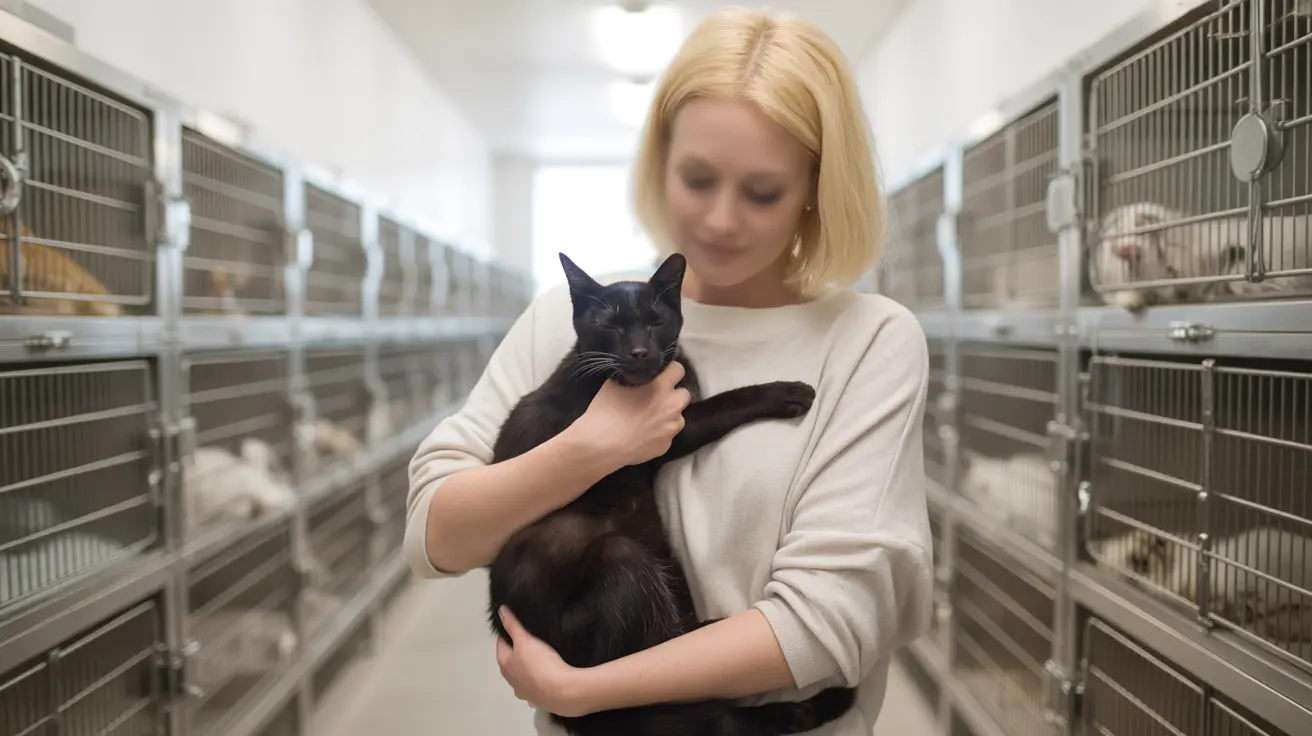Is Lemon Safe for Dogs to Smell? Understanding the Risks of Citrus Oils
Many pet owners enjoy the refreshing scent of lemon and often use lemon-scented products in their homes, including cleaners and essential oils. However, when it comes to dogs, it's essential to understand how these substances might affect their health. While humans can process and tolerate a variety of essential oils safely,
dogs have a much different physiology and can be highly sensitive to certain compounds found in these oils.
Understanding Lemon Essential Oil
Lemon essential oil is derived from the peel of lemons and is known for its bright, fresh scent. It contains a mix of active compounds, notably:
- Limonene – a citrus-scented compound that can be irritating to pets
- Linalool – a naturally occurring terpene alcohol with sedative properties
These chemical components are what make lemon oil useful in household applications but also what contribute to its potential toxicity to pets.
Why Lemon Oil Can Be Harmful to Dogs
Dogs metabolize many compounds differently than humans, which can lead to increased sensitivity. The dangers are particularly pronounced with essential oils in their concentrated form. The key concerns regarding lemon oil exposure in dogs include:
- Irritation of the respiratory system through inhalation
- Skin issues such as redness or chemical burns with direct contact
- Digestive and neurological symptoms if ingested
Ways Dogs May Be Exposed
There are multiple routes through which dogs may come into contact with lemon essential oil:
- Inhalation – Occurs when a diffuser disperses lemon oil into the air, particularly in confined spaces without good ventilation
- Skin contact – Can happen if products containing lemon oil are applied topically or come into contact with the dog's fur
- Ingestion – Dogs may lick surfaces or people that have lemon oil products on them
Symptoms of Lemon Oil Toxicity in Dogs
If your dog has been exposed to lemon essential oil, they may exhibit the following symptoms:
- Excessive drooling
- Vomiting or diarrhea
- Weakness or lethargy
- Muscle tremors or seizures
- Difficulty breathing or excessive panting
- Skin redness, bumps, or burns
- Uncoordinated walking or collapse
Even mild or low-level exposure (such as smelling a faint, diluted aroma from across the room) may not result in symptoms, but caution is still recommended.
Safe Practices Around Essential Oils
While some essential oils can be safer for dogs when used responsibly,
citrus oils like lemon carry a higher risk. Here are best practices to minimize danger:
- Use essential oils only in well-ventilated areas
- Ensure pets can freely leave the room
- Never apply essential oils directly to your dog's fur or skin unless under veterinary guidance
- Heavily dilute essential oils used in cleaners and rinse surfaces thoroughly
- Keep oil bottles and diffusers out of reach
What to Do if Exposure Occurs
If you suspect your dog has been exposed to lemon oil or any essential oil, take the following steps:
- Remove the source immediately
- Relocate your dog to fresh air
- Do not induce vomiting unless directed by a veterinarian
- Contact a veterinarian or animal poison control center
- Bring the product label when seeking veterinary care
Safer Scent Alternatives for Homes with Dogs
For pet owners who enjoy aromatherapy or pleasant scents, using pet-safe alternatives is advisable:
- Pheromone diffusers designed specifically for dogs
- Pet-safe candles or sprays approved by veterinarians
- Natural odor absorbers like baking soda or activated charcoal
Consult Your Vet Before Use
Even oils considered relatively safe for dogs, such as
lavender or frankincense, should be used with guidance. Individual dogs can have unique sensitivities, and professional advice is essential for safe administration.
Conclusion
While the smell of lemon may be pleasant to us,
lemon essential oil can pose serious health risks to dogs. Even exposure through inhalation can result in distress or toxicity. Always prioritize your pet’s safety by avoiding the use of citrus oils in environments your dog frequents and consult your veterinarian before introducing any scent-based product into your home.





